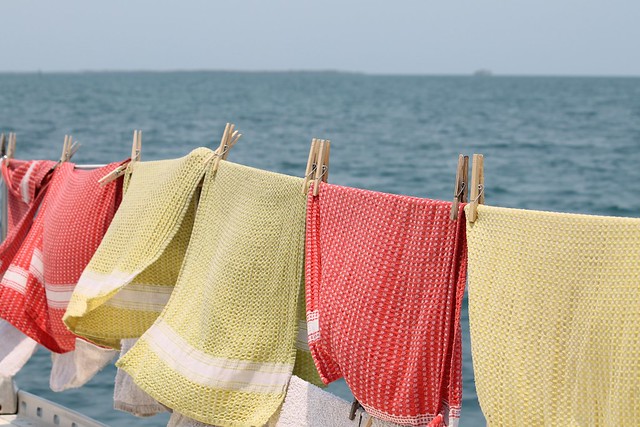You may have noticed that I love English idioms, clichés, and expressions. I’ve also been known to scramble them, as in, “I didn’t fall off the turnip truck yesterday,” or “I killed two birds in one bush!” Well, here’s an idiom we’ve all butchered anytime we claim to have succeeded without outside assistance. It was originally used with irony; literally speaking, it is impossible to pull oneself up by one’s bootstraps. When you’re down, you’re down, and without some kind of help, you’re not getting up.
This is a humbling time. People are sick. They are lonely. They are dying without the comfort of other human beings, and their loved ones are grieving in isolation. Those caring for the sick and dying are putting their own lives on the line. Many people have lost their jobs. People who were struggling with addiction or trying to deal with an abusive relationship have lost their support systems. Children have lost the structure of school and are facing new challenges. We, the lucky ones who are merely stuck at home, are worried and care-worn. We are collectively, as a species, grieving a loss of normalcy. And it’s too early to talk about recovery.
I keep hearing another expression: “look for the silver lining.” For every ominous cloud, there is some light that escapes, but it doesn’t negate the darkness. I hope I have not trivialized what is obviously a serious crisis. My encouraging words are meant to cheer, yes, but not to make light of a heavy situation. I am merely hoping for thoughtful introspection, peace amid chaos, suffering with a purpose, and that we learn to care for each other as best we can. Mostly, I hope we don’t lose hope.
We will all have to “walk in the valley of the shadow of death,” (Psalm 23) whether now or later, whether mourning a loved one or saying good-bye ourselves. But a shadow assumes a light source, and the psalm quoted above assumes that we don’t have to walk alone through the darkness. Somewhere, in all of this, there is light, and hope, and a future. But it may not look at all like we imagined it.
We have all heard (at least during my lifetime) that how we are living is not sustainable. Our environment cannot sustain our consumption and waste, our economy cannot sustain the debts we accrue, our health cannot sustain our careless lifestyle, our systems of education and healthcare cannot continue in their current courses…and need I mention the war machine? Well, maybe we’ve finally reached a pivotal moment. Can humanity take a collective breath and think about what comes next? If we’re too eager to “return to normal” we may miss a cathartic opportunity.
Humans are resourceful. We are intelligent. We have dreams and visions that guide us toward the future. We are capable of hard work. We are sometimes motivated by something besides fear and greed. We are capable of love and rational decision-making. We are also capable of spiritual connection: if we want it, we can have a relationship with their Creator that offers forgiveness for past mistakes, peace now, and wisdom for the future. But we are also selfish, proud, and independent. And we are arrogant—thinking we can somehow lift ourselves out of the mire.
But if we can’t pull ourselves up who can?
We will have to pull each other out of the muck—lift each other up, dig each other out. Even if you believe in the power of prayer and are seeking help from a Higher Power, prayer is useful not so much as a way to get God to do what you want Him to do, as to get your heart in agreement with what He wants. And He wants us (according to pretty much any world religion I can name, but certainly the Christian faith I claim) to love each other. We are the hands and feet of God, and we have a responsibility to each other to think of someone besides ourselves. This is not the time for apathy, argument, dogma, or hypocrisy.
We must do what we can right now—stop socializing so we don’t put others at risk, refocus our care for those in our homes, reach out to hurting loved ones by phone or video, pray for those on the front lines fighting a war against an invisible enemy, give when we can to those who have lost livelihoods and may not be able to feed and care for themselves.
My heart is heavy. I’m seeing suffering I’ve never seen before, and positive self-talk assumes that my inner dialogue has something nice to say. Hope from outside is the only thing buoying my spirits. Lord knows, I don’t have the power to dig myself out by my bootstraps.





